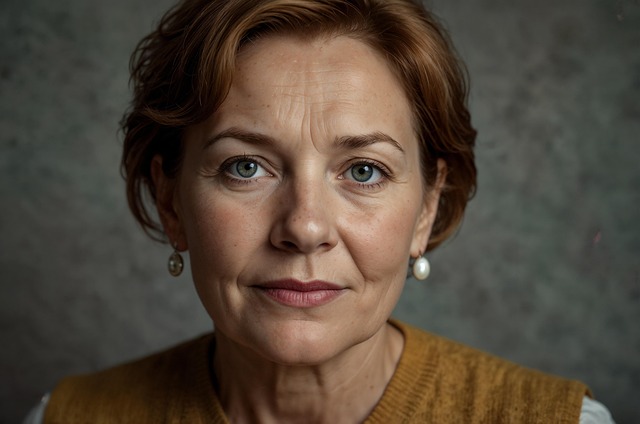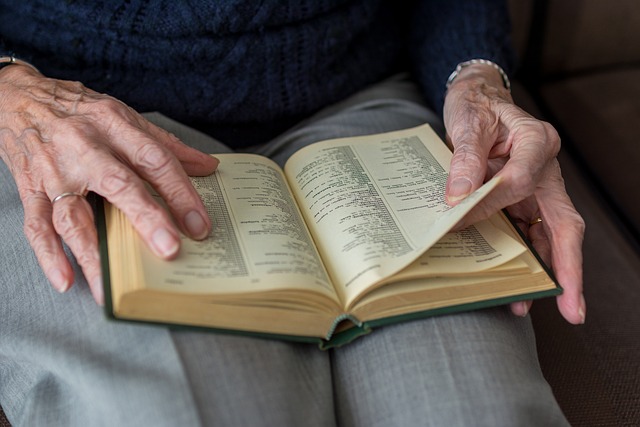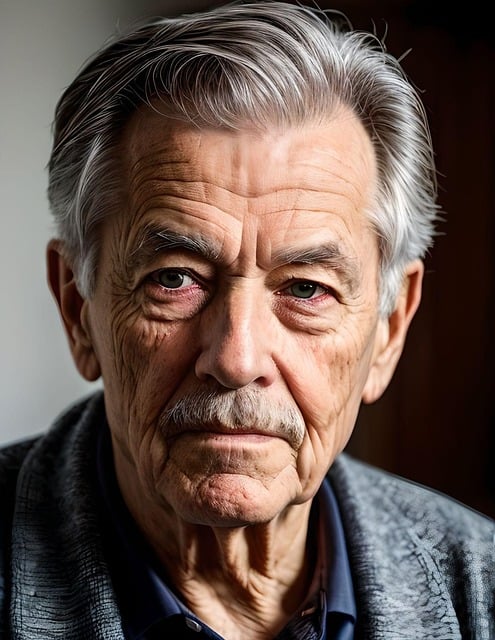End-of-life planning involves creating legal documents like living wills and healthcare directives to specify medical treatment preferences and appoint a proxy for healthcare decisions. Collaborating with an end-of-life attorney ensures these documents comply with local laws, providing clarity and peace of mind. This process empowers individuals to maintain autonomy, receive preferred care, and facilitate communication with healthcare providers. Integrating palliative care, hospice care, and end-of-life legal services offers comprehensive support for patients and their loved ones during challenging times.
“Embracing end-of-life planning is a vital step in ensuring your wishes are respected and your loved ones are prepared. This comprehensive guide delves into the intricacies of creating a robust plan for your final days, offering peace of mind and control.
From understanding the significance of early preparation to drafting legal documents like living wills and healthcare directives, you’ll explore essential tools for expressing your preferences. Learn about the roles of an end-of-life attorney and medical power of attorney in navigating complex care decisions.
Additionally, discover how palliative and hospice care planning, alongside professional legal services, creates a holistic approach to managing end-of-life care.”
- Understanding End-of-Life Planning: Why It Matters and When to Start
- Creating Legal Documents: Living Will, Healthcare Directive, and Advanced Care Directive
- Collaborating with Professionals: The Role of an End-of-Life Attorney and Medical Power of Attorney
- Integrating Palliative Care, Hospice Care, and End-of-Life Legal Services for Holistic Planning
Understanding End-of-Life Planning: Why It Matters and When to Start

End-of-life planning might seem like a daunting topic to approach, but it’s an essential aspect of ensuring your wishes are respected and your loved ones are prepared during what can be a challenging time. It involves creating legal documents and making decisions that guide your healthcare, financial, and personal affairs should you become unable to do so yourself. This process allows individuals to take control, maintain autonomy, and receive the care they prefer as they approach the end of life.
While many people associate end-of-life planning with advanced age, it’s beneficial for anyone facing potential health challenges. Creating a living will, healthcare directive, or advanced care directive is a crucial step. These legal documents appoint a medical power of attorney who can make decisions on your behalf regarding medical treatment and end-of-life care, including palliative care and hospice services. Consulting with an end-of-life attorney ensures these important documents are tailored to your needs and comply with local laws, providing clarity and peace of mind for both you and your loved ones.
Creating Legal Documents: Living Will, Healthcare Directive, and Advanced Care Directive

When it comes to comprehensive end-of-life planning, crafting the right legal documents is paramount. A living will and healthcare directive are essential tools that allow individuals to express their wishes regarding medical treatment and care at the end of life. These documents ensure your preferences are respected, even if you become unable to communicate them yourself.
Additionally, an advanced care directive (also known as a durable power of attorney for health care) appoints a trusted individual to make healthcare decisions on your behalf. This is crucial when considering palliative care planning and hospice care. An end-of-life attorney can assist in drafting these legal directives, ensuring they align with state laws and effectively communicate your wishes, providing peace of mind and guidance during an otherwise challenging time.
Collaborating with Professionals: The Role of an End-of-Life Attorney and Medical Power of Attorney

When navigating the complexities of end-of-life planning, collaborating with professionals is essential. An end-of-life attorney plays a pivotal role in ensuring your legal documents are accurate and enforceable. They help create vital documents like living wills and advanced care directives, which outline your preferences for medical treatment and end-of-life care. These attorneys can also guide you through the process of designating a medical power of attorney, empowering someone to make healthcare decisions on your behalf if you become incapacitated.
Additionally, an end-of-life attorney assists in coordinating with your healthcare providers and ensures your healthcare directive is respected. They facilitate conversations about palliative care planning and hospice care planning, helping you receive the best possible comfort and support during this challenging time. Their expertise in end-of-life legal services ensures that your wishes are accurately reflected, providing peace of mind for both you and your loved ones.
Integrating Palliative Care, Hospice Care, and End-of-Life Legal Services for Holistic Planning

Integrating palliative care, hospice care, and end-of-life legal services is essential for comprehensive end-of-life planning. Palliative care focuses on providing relief from symptoms and stress, improving quality of life, and offering emotional support to both patients and their families. This type of care can be integrated at any stage of a serious illness and often complements hospice care, which provides specialized support in the last phases of life.
When combined with end-of-life legal services, these approaches create a holistic planning framework. A living will or healthcare directive allows individuals to express their wishes regarding medical treatment, while an advanced care directive or medical power of attorney designates a proxy to make decisions on their behalf if they become incapacitated. This ensures that patients’ preferences are respected and that their caregivers have clear guidance during what can be a challenging time.
In the face of life’s inevitabilities, proactive end-of-life planning is a profound act of self-care. By creating essential documents like living wills, healthcare directives, and advanced care directives, individuals can exert control over their end-of-life care planning. Collaborating with dedicated end-of-life attorneys and medical professionals, such as those specializing in palliative care and hospice care, ensures a holistic approach. This comprehensive strategy allows for peaceful transitions, respecting individual wishes while navigating complex medical and legal landscapes. Embracing these proactive steps enables families to focus on cherishing remaining moments with loved ones, rather than being burdened by unforeseen challenges.
